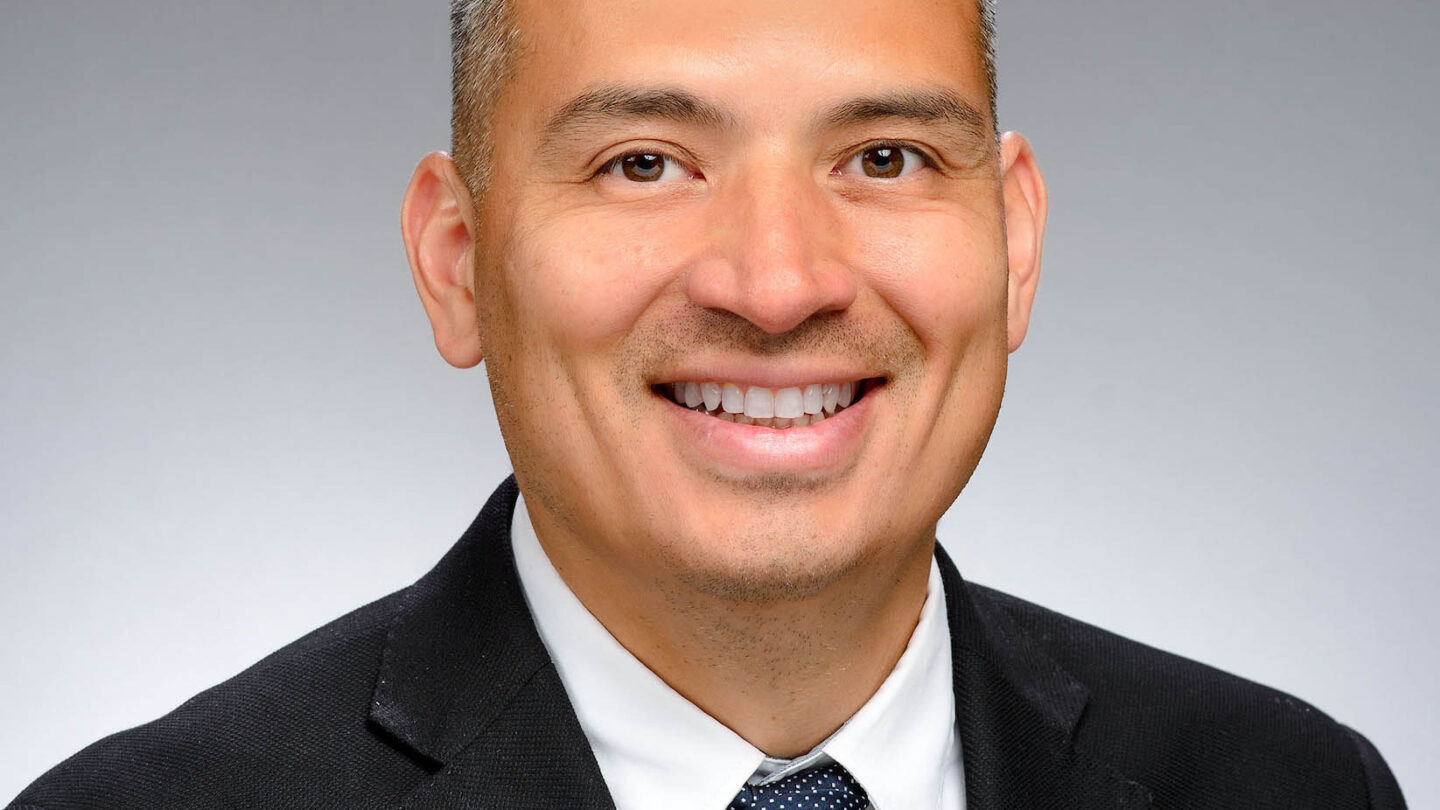Study: No matter the economic upbringing, Black families likely to experience similar economic outcome

A new study by researchers from Notre Dame and Cornell University examined 35 years of data, from 1979 to 2014, looking at the progression of the different racial families when they all lived in disadvantaged neighborhoods.
Researchers found neighborhood mobility does not work as well for Blacks in the United States as it does for whites and Latinos.
In fact, researchers came to this conclusion: Regardless of where Black individuals were raised or access to resources, Black individuals still ended up in similar economic circumstances as they moved into adulthood and entered the workforce.
On Monday’s edition of “Closer Look,” Steven Alvarado, an assistant professor of Sociology at the University of Notre Dame, talked with show host Rose Scott about the report and research and why change must start with the labor market.








